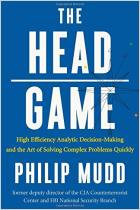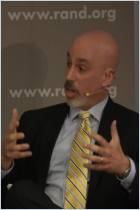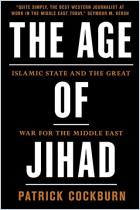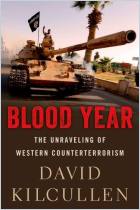
The Evolving Terrorist Threat: Implications for Global Security
Part 4: Questioning Fundamental Assumptions: Is the United States Succeeding Against ISIS?
Read or listen offline
Amazon KindleRecommendation
In World War II, American troops swept into enemy territory, fought the forces of evil and then watched their adversaries become their allies. The war on terror hasn’t followed that playbook. Stabilizing Afghanistan, Iraq, and other Middle Eastern hot spots requires a sustained presence, an idea Americans generally find disagreeable. In this stellar panel discussion, experts outline flaws in the US approach but ultimately assess that the terrorist threat on US soil is contained. getAbstract recommends this video to policy makers and global managers seeking clear-eyed analysis of the war on terror.
Summary
About the Speakers
Peter Bergen is vice president of the New America Foundation. Philip Mudd is a former CIA analyst and former head of the FBI’s National Security Branch. Ben Connable is a senior political scientist at RAND Corporation. Mark Mazzetti is Washington investigations editor at The New York Times.













Comment on this summary